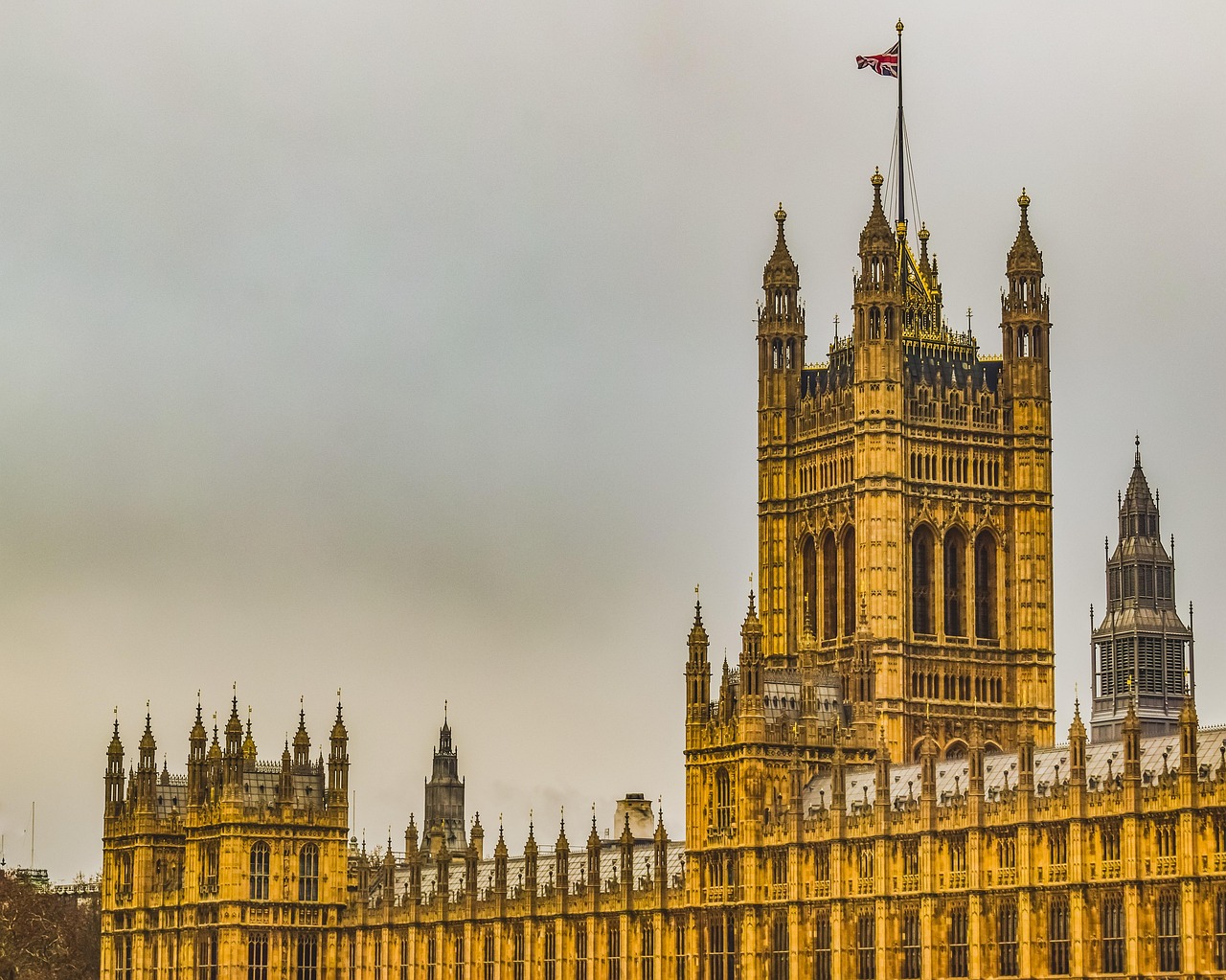
Charity trustees in England and Wales now have new legal powers when considering moral payments: payments made because there is a moral rather than strictly legal obligation to transfer some of a charity’s property.

The deadline for filing your 2024/25 Self Assessment tax return is fast approaching. You must submit your return and pay any tax due by 31 January 2026 to avoid penalties and interest.

The Health and Safety Executive (HSE) has published its latest annual statistics on work-related ill health and workplace injuries for 2024/25.

The government has confirmed that regulated rail fares in England will be frozen until March 2027. The freeze, announced prior to the Budget, follows a 4.6% rise in March 2025.

Some self-employed taxpayers who filed their 2024/25 self-assessment tax return may have been incorrectly asked to pay class 2 national insurance contributions (NIC) on their SA302 tax calculation. HM Revenue & Customs (HMRC) has now confirmed that this issue has been fixed.

For many sole traders and small business owners, reviewing their accounting system only happens when something forces the issue. For instance, many sole traders are currently looking at whether their accounting system meets the requirements for Making Tax Digital for Income Tax.

UK inflation eased to 3.6% in the year to October, down from 3.8% in September, according to the latest figures from the Office for National Statistics (ONS).

The Prudential Regulation Authority (PRA) has confirmed that the Financial Services Compensation Scheme (FSCS) deposit protection limit will increase from £85,000 to £120,000 from the start of December.

The Intellectual Property Office (IPO) has confirmed plans to raise its fees by an average of 25% from 1 April 2026, subject to parliamentary approval. The change will affect applications and renewals for patents, trademarks, and designs.

HM Revenue and Customs (HMRC) are writing to some taxpayers to tell them what they need to do to get ready for the new Making Tax Digital rules that come into force next April.

The UK unemployment rate has risen to 5% in the three months to September, the highest since early 2021, according to the latest figures from the Office for National Statistics (ONS). The increase was slightly higher than expected and adds to signs that the jobs market is starting to soften.

The Department for Work and Pensions (DWP) has launched a national campaign to offer UK businesses access to no-fee specialist recruitment support through Jobcentre Plus. The service is available to all businesses, regardless of size or sector.

From 18 November 2025, identity verification with Companies House will start to be required for company directors and People with Significant Control (PSCs). The measure is intended to improve the reliability of information on the UK’s company register and support efforts to reduce economic crime.

The Chancellor, Rachel Reeves, gave a surprise ‘pre-Budget’ speech last week that appeared to pave the way for tax rises in the Budget on 26 November 2025.

HM Revenue and Customs (HMRC) has been reminding taxpayers that there are now fewer than 100 days left to file their tax return and pay any tax due for the 2024-25 tax year.

As part of its move to reduce ‘red tape’ and aid business growth, the government has announced plans to remove the requirement for companies to include a directors’ report as part of their annual accounts.
.png)






